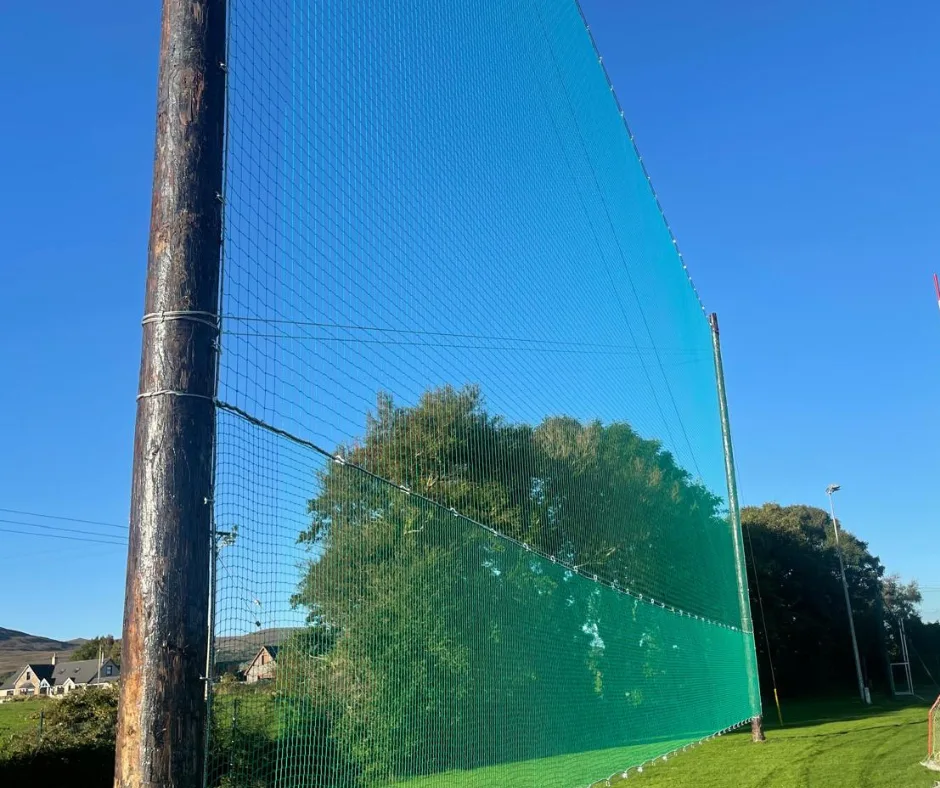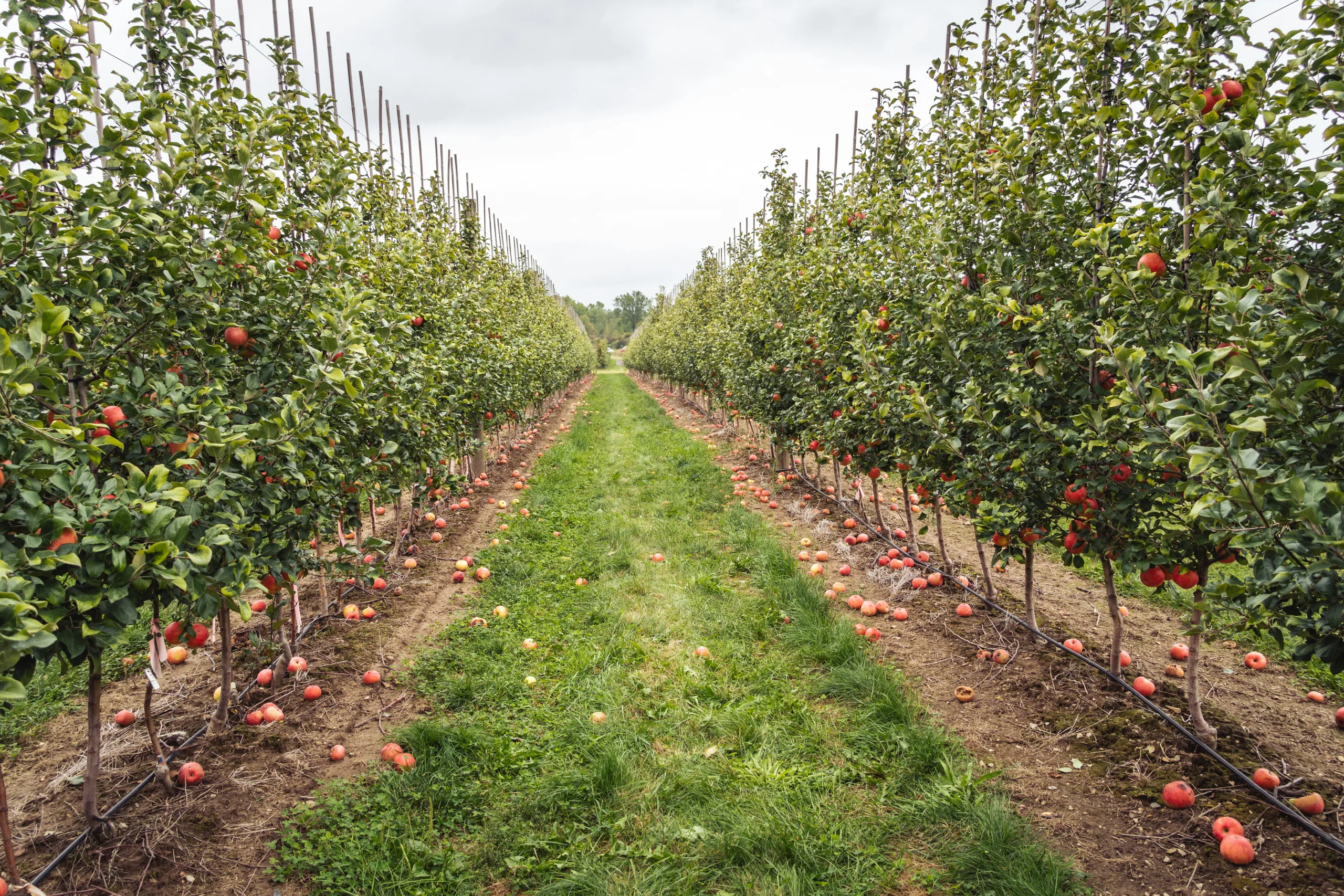Birds can become a significant nuisance in many commercial settings, particularly in industries such as agriculture, food service, retail, warehousing, transportation, construction, parks and recreation, golf courses, manufacturing, and marine and aquatic facilities. They cause property damage, present health risks, and can ultimately lead to revenue loss. As a result, implementing bird netting is a highly effective solution to safeguard your establishment. In this blog, we will explore various aspects of using netting to protect your business, while also highlighting SNG as a trusted supplier of high-quality bird netting.
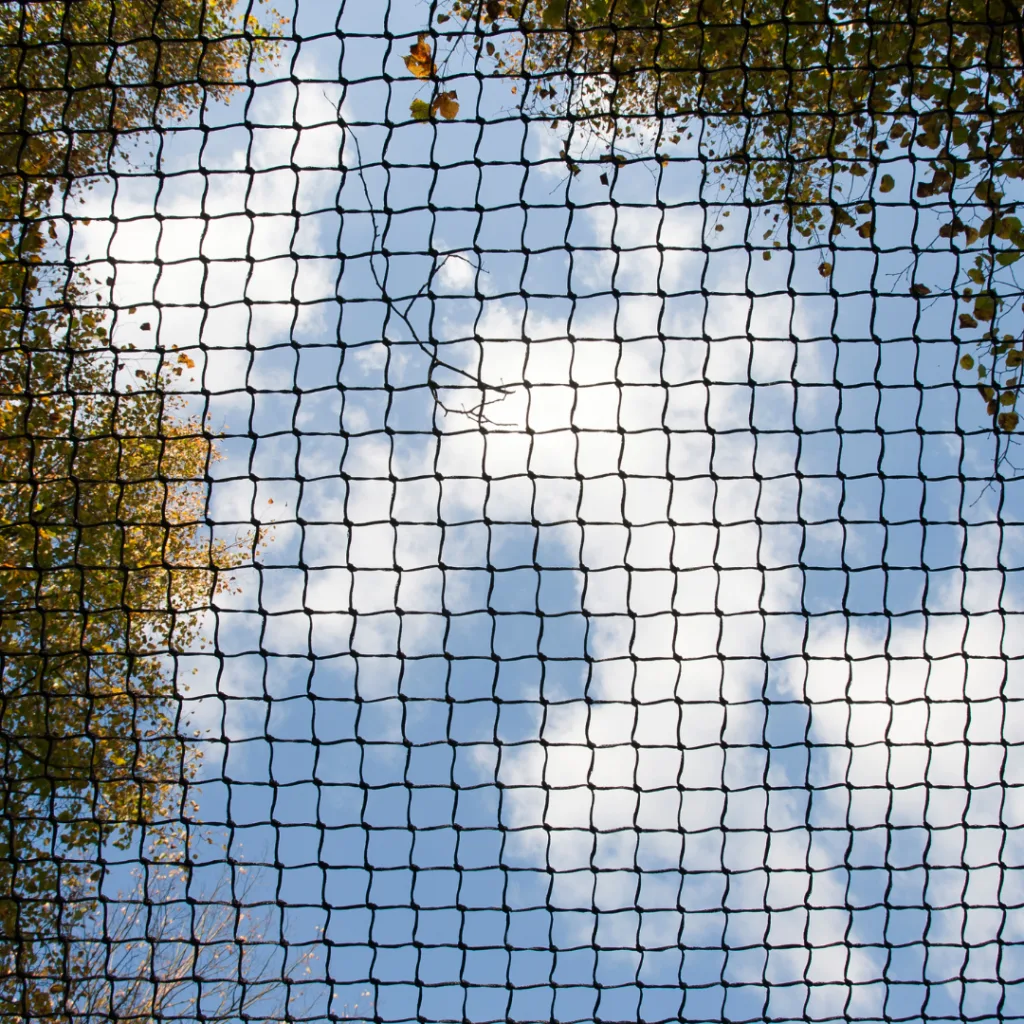
Understanding the Problem
The Impact of Birds on Different Industries
Businesses across various sectors face several challenges due to birds. These challenges include:
- Agriculture: Birds can cause significant damage to crops, which leads to reduced yield and financial loss. As a preventive measure, farmers must adopt effective bird control methods to safeguard their harvests.
- Food Service: Outdoor seating at restaurants and cafés can attract birds, causing health risks from droppings. This deters customers and can harm the establishment’s reputation.
- Retail: Outdoor displays in retail settings are vulnerable to bird damage, potentially creating an unpleasant shopping experience and negatively impacting sales.
- Warehousing: Birds in logistics and warehousing environments create unsanitary conditions. Additionally, they can damage storage areas, which leads to higher maintenance costs.
- Transportation: Airports and train stations need to prevent birds from interfering with operations. Consequently, bird netting is essential for safety and smooth operation.
- Construction: At construction sites, birds may nest in equipment or structures. This can compromise safety compliance, making netting necessary to keep work areas clear.
- Parks and Recreation: Public parks and recreational areas benefit from bird control measures to maintain cleanliness and ensure visitor safety.
- Golf Courses: Birds can damage golf greens, while also feeding in areas frequented by players. Installing netting helps protect these spaces and enhances the playing experience.
- Manufacturing: Factories and industrial facilities must keep birds out of production areas to prevent contamination of goods.
- Marine and Aquatic Facilities: Aquaculture operations and marinas often use bird netting to protect fish stocks and infrastructure from bird-related damage.
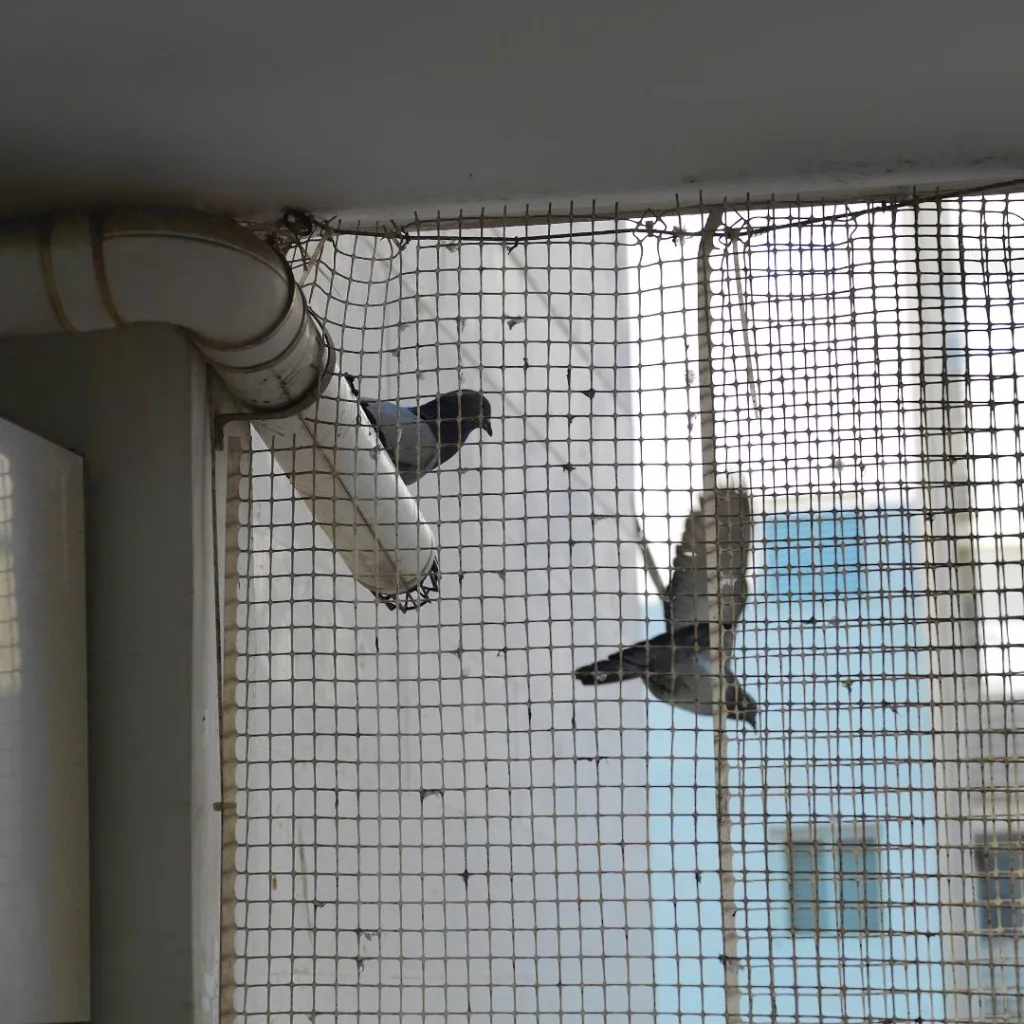
What Is Bird Netting?
Bird netting is a physical barrier that prevents birds from entering specific areas. Made from durable materials like polyethylene or nylon, the netting comes in various sizes and shapes to suit different applications. Moreover, it is UV-stabilized for longevity, which allows it to withstand harsh weather conditions, making it ideal for outdoor environments.
Benefits of Using Bird Netting
- Effective Exclusion: Bird netting provides an effective barrier that keeps birds out of critical areas, offering protection for crops and outdoor dining spaces.
- Cost-Effective: Compared to other bird control methods, netting is relatively inexpensive and requires minimal ongoing maintenance.
- Versatile Applications: The netting can be installed on rooftops, warehouses, balconies, outdoor patios, and agricultural fields. As a result, it is highly adaptable.
- Environmental Safety: Since bird netting poses no threat to non-target species, it is considered an eco-friendly option for pest control.
How to Implement Bird Netting in Your Business
1: Assess the Problem
- Identify areas most affected by bird activity.
- Additionally, look for signs such as nesting, droppings, or property damage.
2: Choose the Right Type of Netting
- Select appropriate netting by consulting with experts and conducting thorough research to match the solution to your specific needs.
3: Install the Netting Correctly
- Measure the Area: Ensure you know the dimensions of the area to be covered.
- Secure the Boundaries: Use poles, structures, or walls to properly anchor the netting.
- Avoid Gaps: Ensure the netting is pulled taut to eliminate any gaps through which birds could enter.
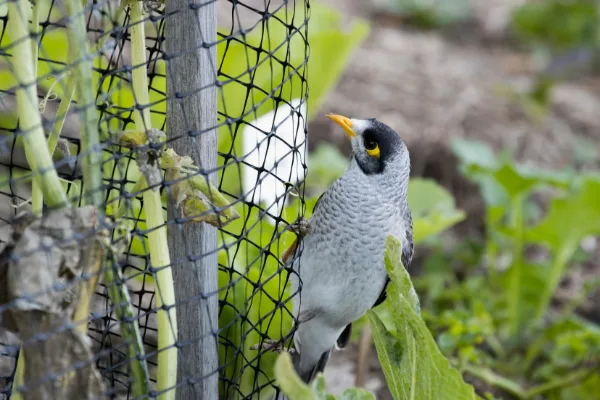
4: Regular Maintenance
- Periodically inspect the netting for signs of wear and tear.
- Furthermore, clean debris that may accumulate to maintain the netting’s effectiveness.
5: Combine Strategies
- For enhanced effectiveness, consider using netting in combination with other bird control methods, such as visual deterrents or sound devices.
SNG: Your Reliable Supplier for Quality Bird Netting
When sourcing bird netting, SNG stands out as a trusted supplier, offering a variety of products tailored to meet the needs of different industries. Our commitment to quality and durability ensures that businesses can effectively protect themselves from bird-related issues.
Products Offered by SNG
- Polyethylene Bird Netting: : UV-stabilized and ideal for outdoor use, this type of netting is perfect for protecting agricultural fields and commercial properties.
- Nylon Bird Netting: Known for its superior strength and durability, nylon netting is well-suited for challenging environments, such as warehouses and industrial areas.
- Custom Solutions: For businesses with unique requirements, SNG works directly with customers to develop tailored solutions that meet their specific needs.
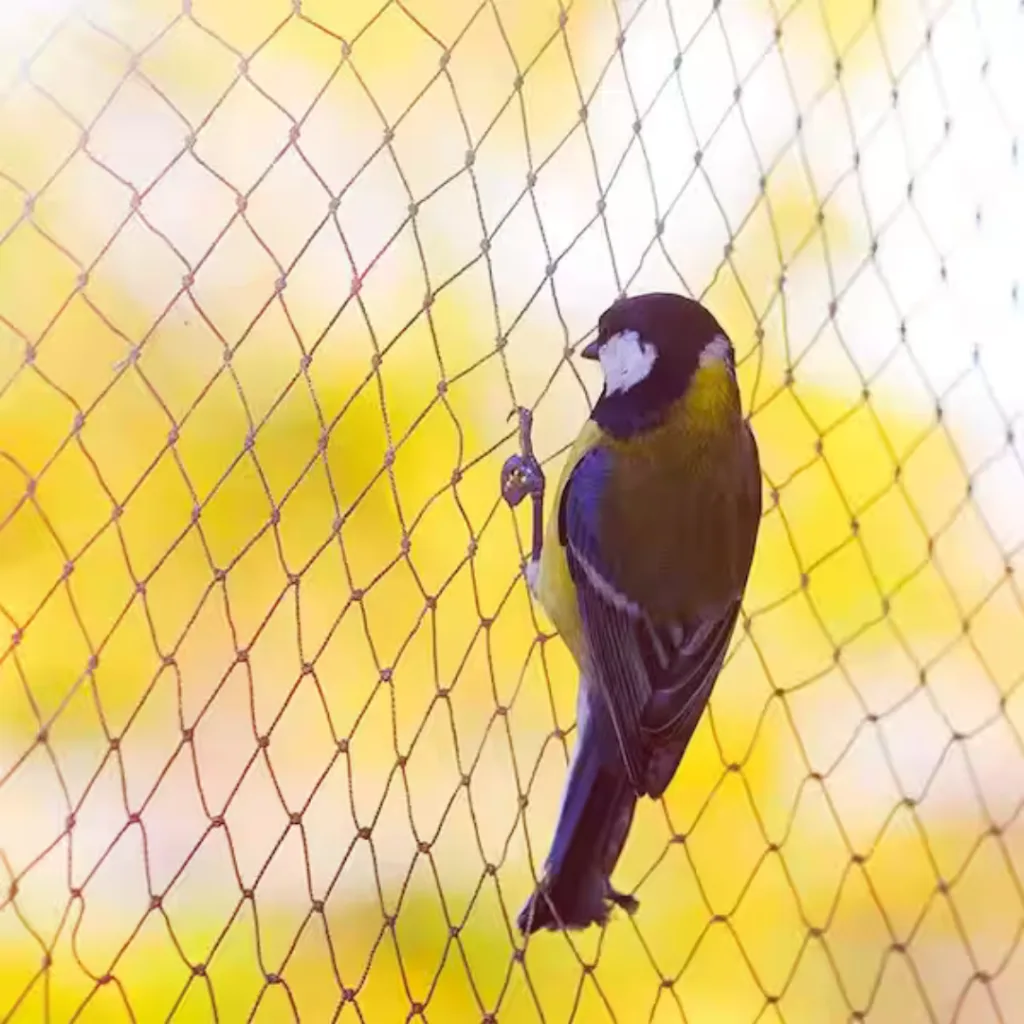
Conclusion
As bird populations grow, protecting your business from the challenges they pose becomes increasingly necessary, particularly in industries such as agriculture, food service, retail, warehousing, transportation, construction, parks and recreation, golf courses, manufacturing, and marine and aquatic facilities. Bird netting provides a practical, cost-effective solution to address these challenges while maintaining a safe and clean environment for employees and customers.
By choosing SNG for your bird netting needs, you can take advantage of high-quality products designed to meet the specific demands of your business. Understanding the problem, selecting the right materials, and ensuring proper installation and maintenance will allow you to protect your business from unwanted avian visitors. In doing so, you safeguard your investments and create a safer space for everyone involved.

